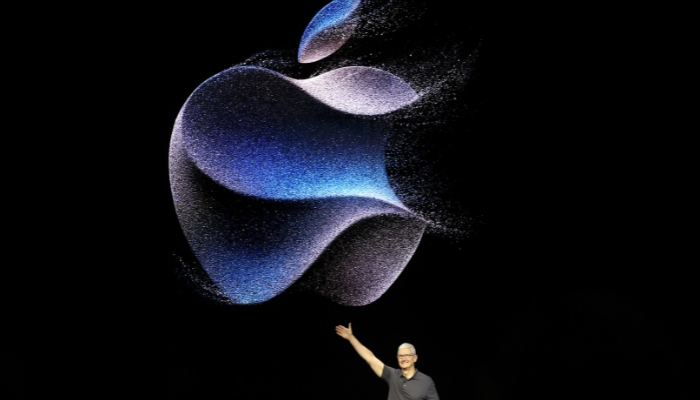
Last updated on February 22nd, 2024 at 12:04 pm
Exclusive: Despite Australia’s ban on using the platform on government devices, TikTok repeatedly contacted the electoral watchdog
TikTok reached out to Australia’s election regulator at least twice in 2023, encouraging the commission to create an account on the app. Documents obtained by Guardian Australia under freedom of information laws show that TikTok Australia’s director of public policy, Ella Woods-Joyce, wrote to the Australian Electoral Commission in September, suggesting the creation of an “official presence” on the app during the Indigenous voice to parliament referendum, and again in October.
Noting that the AEC was active on platforms like X, Facebook, Instagram, and YouTube, Woods-Joyce highlighted the potential value of an official AEC presence on TikTok. She emphasized that such a presence could help provide authoritative information to TikTok’s community of over 8.5 million Australians.
During the referendum, TikTok emerged as a significant battleground, especially for the no campaign. An analysis by Guardian Australia revealed that the account managed by Fair Australia, the primary group against the voice, significantly surpassed the yes side in terms of followers and views. Fair Australia’s account even dominated hashtags supporting the voice.
Amid a challenging year for the app, the Australian government banned the use of TikTok on government devices in April, following similar actions by governments in the US, New Zealand, and the EU.
The protective security direction was issued due to what was described as “significant security and privacy risks” stemming from the extensive collection of user data and exposure to extrajudicial directions from a foreign government that conflict with Australian law. ByteDance, TikTok’s parent company, is headquartered in Beijing.
Attorney General Mark Dreyfus stated that exemptions would only be granted on a case-by-case basis and with appropriate security measures in place.
In her September correspondence, Woods-Joyce suggested that an AEC presence on TikTok would fall within permitted exceptions to the ban, such as for compliance activities or countering mis- or disinformation.
Electoral commissioner Tom Rogers informed a government committee investigating foreign interference in July that the AEC had no plans to join TikTok. He stated, “One of the key reasons we’re not on TikTok now is that I’m conscious of the broad public debate about TikTok.”
According to AEC spokesperson Jess Lilley on Thursday, the AEC’s decision not to establish an official presence on the platform was influenced by the Attorney General’s Department’s stance.
A TikTok spokesperson stated that, as in previous Australian state and federal elections, TikTok aims to actively collaborate with electoral authorities to ensure that its platform supports democratic processes and meets community expectations. This commitment was also evident during the 2023 voice referendum.
In her second letter to Rogers in October, Woods-Joyce once again invited the AEC to establish an official presence on TikTok. She noted surprise at the low level of official engagement from the AEC so far. Woods-Joyce highlighted initiatives like the app’s fact-checking partnership with Australian Associated Press during the referendum and mentioned that the company had promptly addressed two content reports received from the AEC.
The documents reveal that in August, TikTok removed content containing misinformation about the voting process, including false claims that the referendum would feature “an additional secret question”.
Lilley stated that the AEC had only referred a small number of content issues to TikTok during the referendum.
“Our preference is to help users comply with our regulations by offering guidance and education before resorting to enforcement,” she said. “The AEC found that TikTok users positively responded to this approach, eliminating the need for additional requests to the platform.”
The AEC considers its relationship and continuous collaboration with platforms, including TikTok, to be highly significant.
The documents released under FoI contain correspondence between most major social media companies and the AEC during the referendum. They reveal multiple attempts by the AEC to remove content that identified or harassed staff.
In October, YouTube removed a live stream containing the name and mobile number of a staff member. The AEC also referred various content to X, including personal attacks on a staff member “based solely on footage taken of her while at work for the AEC.”
The AEC expressed concern, writing, “If this is allowed to continue, it may have a negative effect on our ability to hire and maintain staff to facilitate the delivery of free and fair elections in Australia.”
In September, Guardian Australia reported that the AEC had difficulty getting X to act on posts that raised “concerns it is inciting violence against AEC staff” before the referendum. The AEC also expressed frustration with “nil actions” by the company on AEC reports in April and May.





